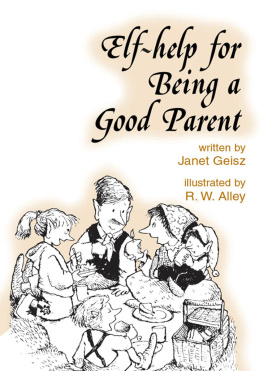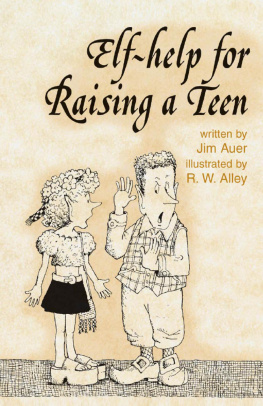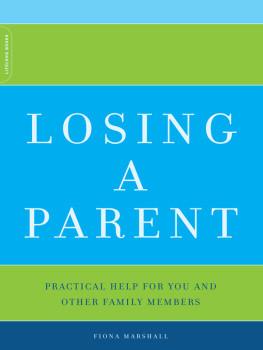
Elf-help for Being a Good Parent
Janet Geisz
Illustrated by R. W. Alley

Abbey Press
Foreword
Although parenting is one of the most crucial tasks any of us will ever undertake, theres no mandatory training for it, no required reading, no licensing or certification. Its probably fair to say that no one is ever fully prepared for the perils of parenting.
Yet its also true that no one is ever prepared for the rewards of being a parent: the natural and pure love of a child, the delight of watching your child learn and grow and become.
This little guide to parenting suggests ways to enhance the joys of bringing up your child, while rising to the challenges. Written by a specialist in child development, it supports parents in the awesome responsibility of molding the development of another human being.
May the ideas presented here help you to raise a child with the emotional strength and spiritual fortitude to last a lifetime. And may you reap the ultimate reward of parentingmore love and joy than you ever knew your heart could hold.
1.
Generously express the love you feel for your child in all you say and do. Children thrive on love. They can never receive too much.
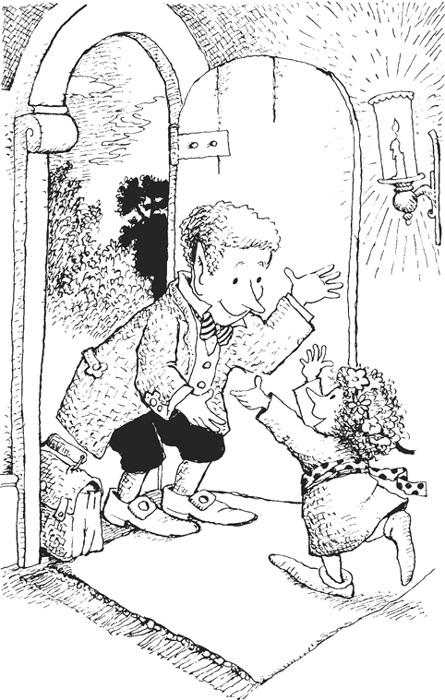
2.
A childs thinking is shaped by experience. To experience love, a child needs to feel hugs and kisses, to hear caring words, to see acts of kindness.
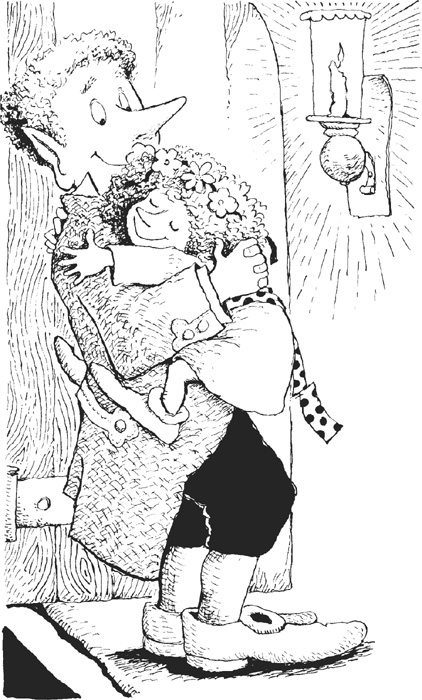
3.
Every child is a blessing and needs to know this. If you have more than one child, honor their differences and affirm the special qualities each brings to the family. You can deter sibling rivalry by treating them with equal love and respect.
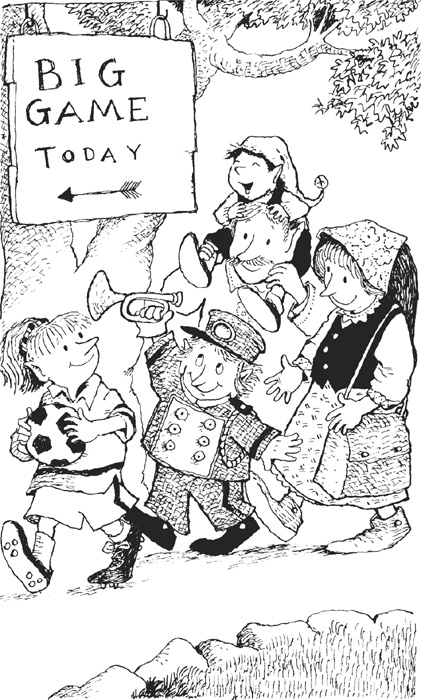
4.
Parenting is a privilege and your most important responsibility. Make it a top priority in your life. Be involved in your childrens school, sports, and activities. Giving your children time and attention shows how much you value them.
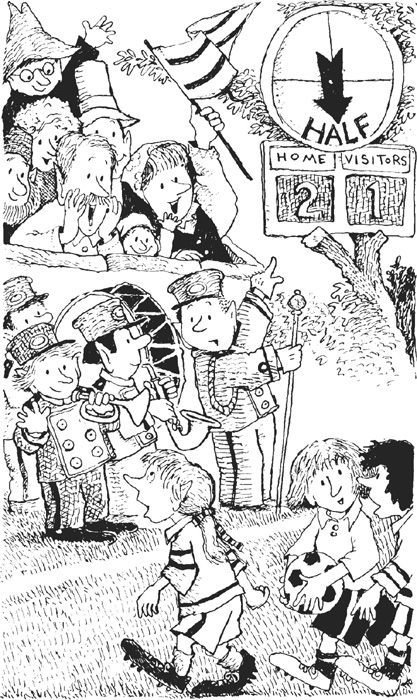
5.
Children imitate what adults do, not what they say. Model the kind of morals and behavior you expect from your child.
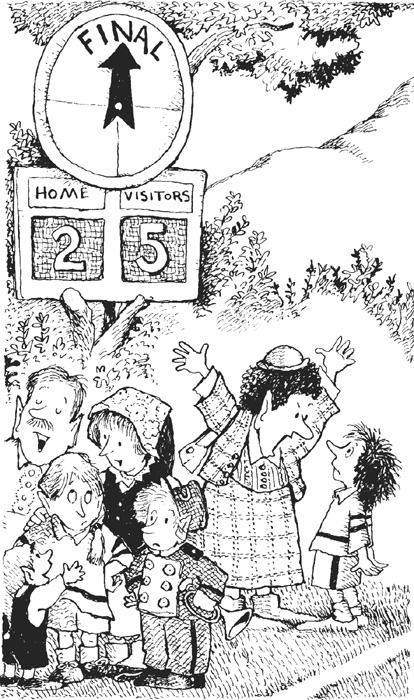
6.
Know your child well by listening to herher hopes, dreams, fears, and desires. Listening attentively honors and validates who she is. Be careful not to rush in with unsolicited judgments, advice, or solutions. Simply listen.
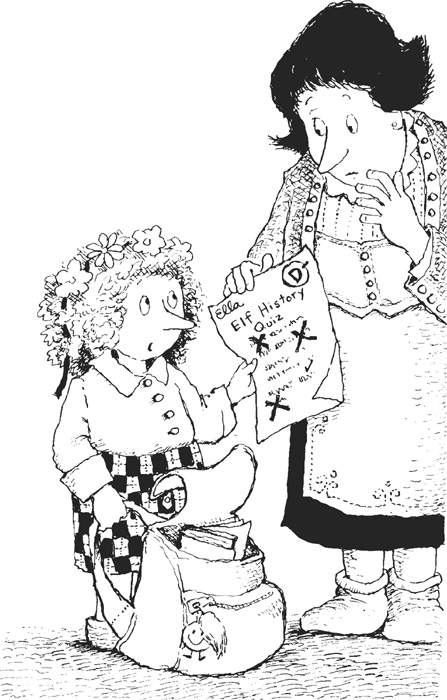
7.
Allow your child to express her feelingsjoy, excitement, sadness, fear, disappointment, and anger. Feelings are neither good nor bad. By talking with your child about her feelings, you can help her learn to handle them wisely and solve problems constructively.
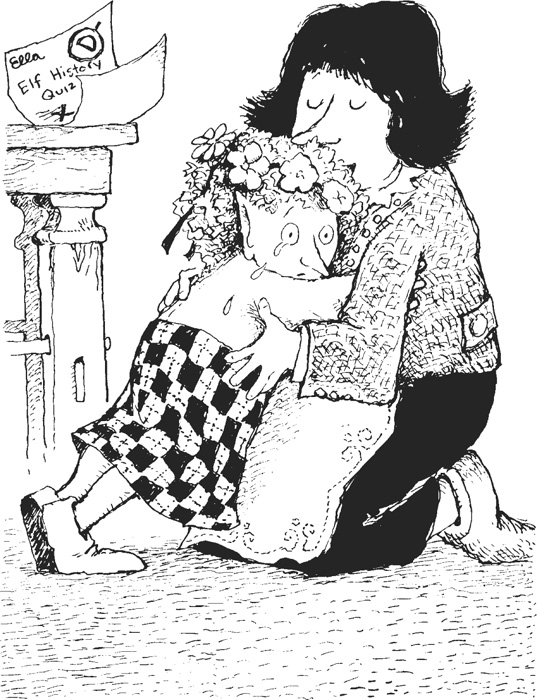
8.
Respect for authority begins with respect for ones parents. Children respect adults they can trust. Earn your childs respect by being fair and reliable.

9.
Honesty is essential for a trusting relationship. Aside from joyful childhood fantasies, like the Tooth Fairy and Santa (which are worth the pretense), be honest with your child. It will teach him to be honest with you.

10.
Children learn how to treat other people by observing how their parents treat each other. Showing respect for your childs other parent is one of the ways you can teach your child to treat people with dignity.
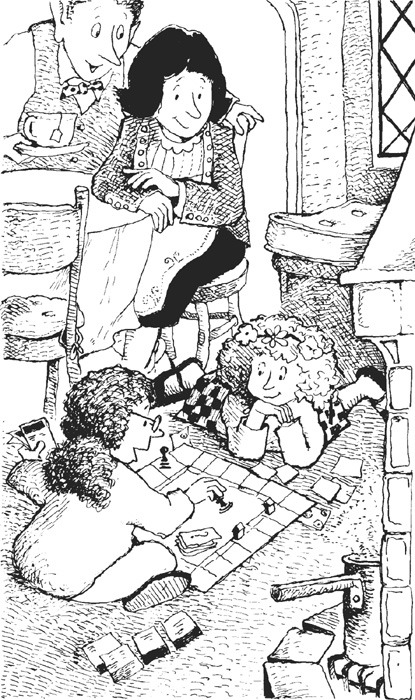
11.
Children develop new skills through trial and error. Be patient and encouraging as your child tries to learn. And be assured there will be messes to clean up!
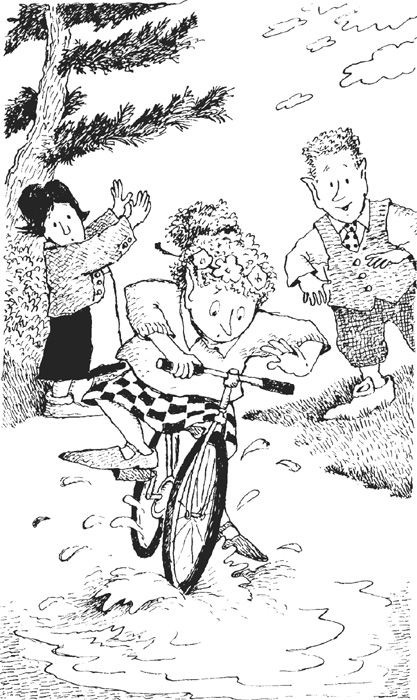
12.
Expose your child to a rich variety of experiences, adventures, and activities. Share your own passions and hobbies with him. Allow him to explore new interests. These experiences provide background knowledge for all future learning.

13.
Play is the business of childrentheir primary activity for learning and development. Play enhances physical, social, and emotional growth, while building thinking skills. Give your child ample opportunities to play, and be there to play with her often.
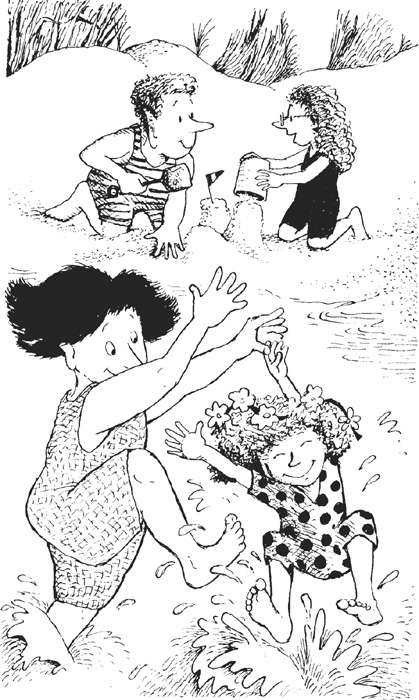
14.
Make sure your child has enough unstructured timetime just to be a kid. Kids need a break from lessons, sports, and other formal activities. Too much pressure to perform and achieve can lead to burnout or underachievement.
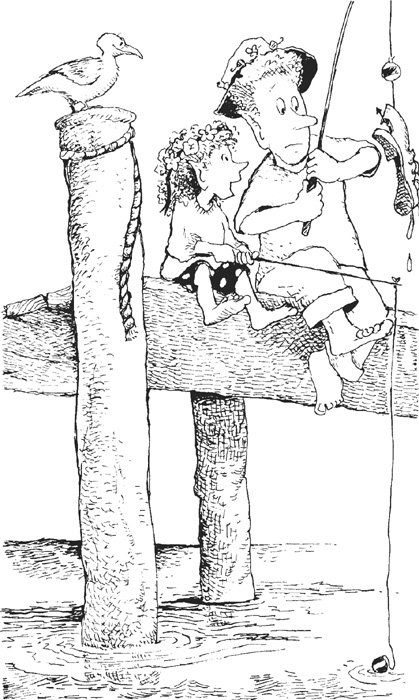
15.
Imagining is one of childhoods most beautiful and natural pleasures. Stimulate your childs imagination by providing time away from technology for him to use his own mind. A child with nothing to do will employ his imagination to create new ideas and exciting adventures.
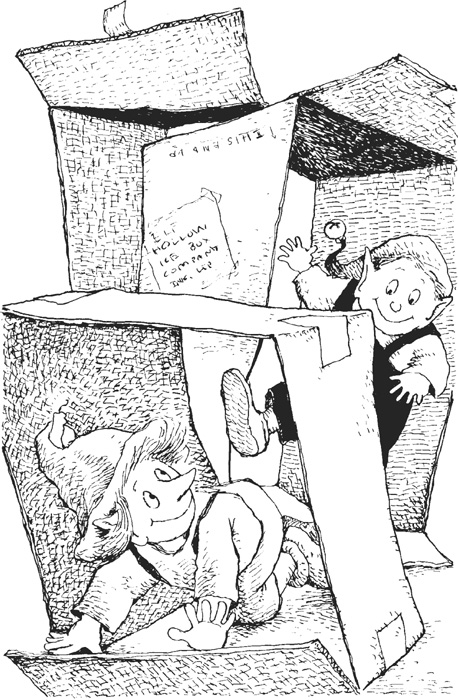
16.
Celebrate with your child oftenspecial days, faith traditions, victories, courageous efforts. Celebrations establish family rituals and memories that bond meaningful relationships. Celebrations lighten the soul and bring fun to life!
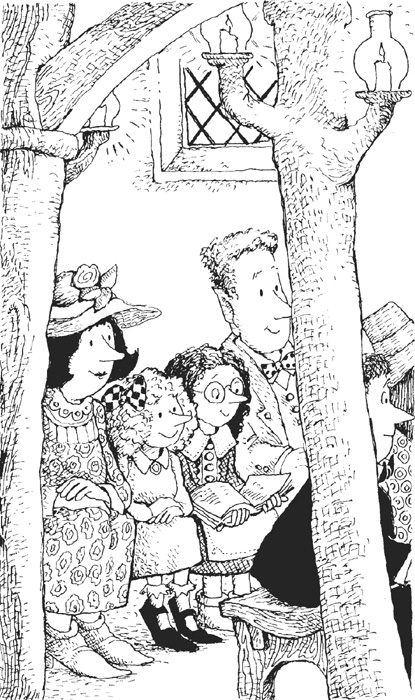
17.
Share your spiritual beliefs with your child. Talk about times when you have experienced the power of prayer, or when your faith has brought you hope and comfort. Help your child to feel a part of your religious traditions and your spiritual community.
Next page
